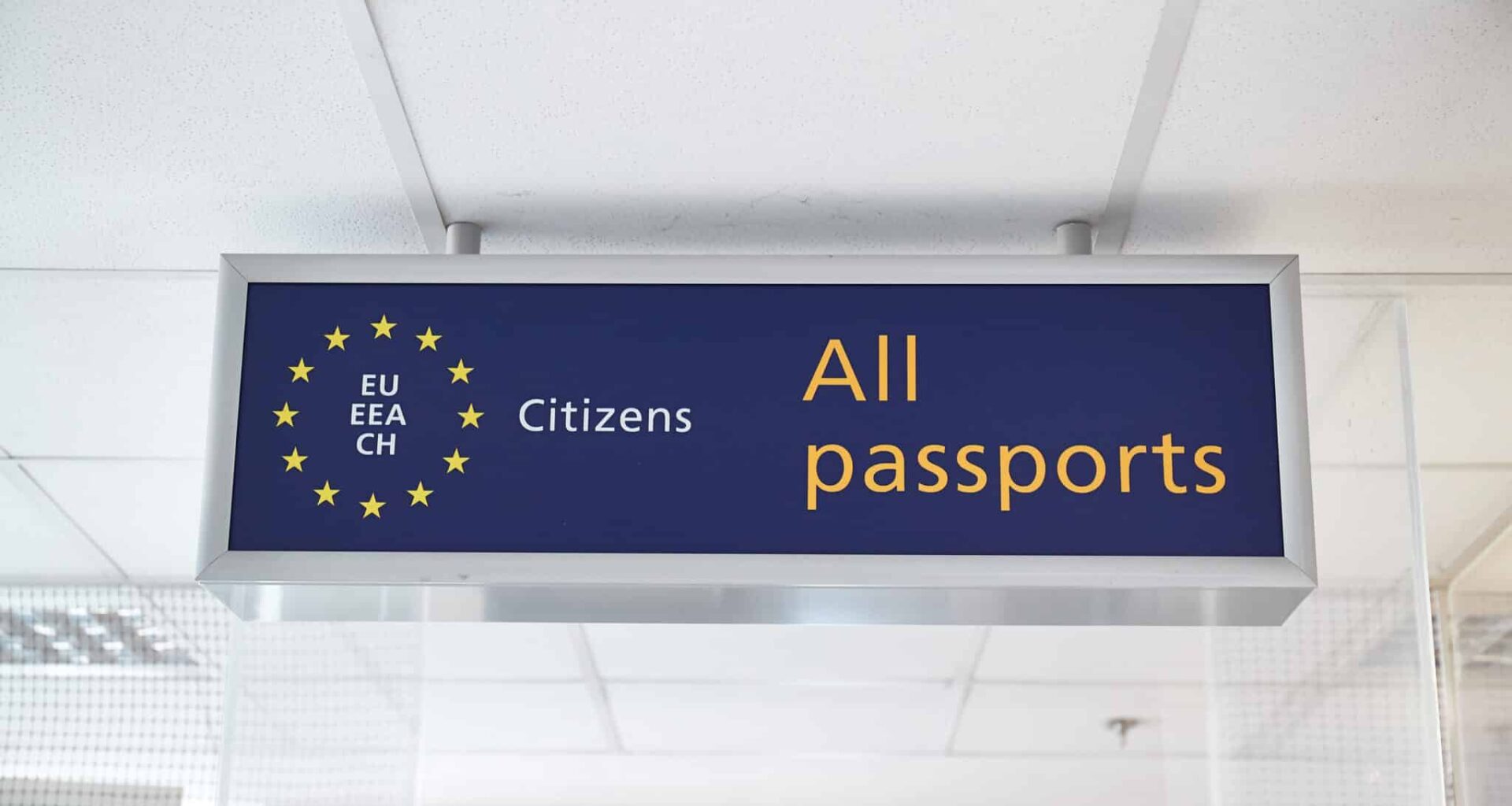Europe is preparing for the rollout of the biometric-based Entry-Exit System (EES) this Sunday, October 12th.
On Tuesday, the EES–ETIAS Advisory Group confirmed that all EU Member States are technically ready to join the system. But while some are opting to introduce the border registration scheme gradually over the course of six months, others are going for a full launch from day one.
Estonia, Luxembourg and the Czech Republic say they are ready to register every non-EU traveller, according to The Independent.
“In Estonia, the system will be implemented at all border crossing points at the same time,” says Katre Vahtra from the Estonian Ministry of the Interior (SMIT). “This means that in the first few weeks, there may be longer queues than usual at border crossings, but this is a natural part of launching such a major system change.”
Countries such as the Netherlands, on the other hand, are going for a gradual implementation. The EES will be launched at smaller border posts to “implement the system in a controlled manner and limit any disruptions,” says the Dutch government.
After maritime border crossings, the system will be introduced to other border posts and smaller airports. Amsterdam’s Schiphol airport will begin with a “small-scale launch” on November 3rd, with expansion starting from December. Meanwhile, EES checks at the Amsterdam and Rotterdam UK terminals are expected in early 2026, Dutch News reports.
As the system goes live, the EES-ETIAS Advisory Group, currently chaired by eu-LISA, will also transfer leadership from the agency to member states.
What to expect from the EES
The European Commission has launched a campaign to ensure travelers are aware of the changes coming on October 12th.
The EES applies to non-EU travelers entering the Schengen area, which comprises 25 EU member states plus Switzerland, Norway, Liechtenstein and Iceland. Ireland and Cyprus will maintain manual passport processing, while the UK remains outside the Schengen area.
Countries have until April 10, 2026, to fully implement EES. During the transition, travelers may experience a mix of manual checks and the new digital system.
At border control, travelers will undergo passport scanning, facial image and fingerprint collection. Biometric and travel data are stored for three years. During this period, subsequent entries require only a fingerprint or photograph rather than full re-registration. The system creates a digital record that calculates time spent in the Schengen area.
Clarifying EES confusion and questions
Although the EES has been in the works for many years, misconceptions about the border scheme still persist.
The UK government has clarified that medical insurance is not mandatory for non-EU travelers using Eurostar services into the Schengen area, according to Euronews. Visa-exempt travelers, including UK nationals, do not need visas for short stays up to 90 days within a 180-day period. This remains unchanged under EES.
The system collects biometric data, passport details and entry/exit dates only. It does not track activities or movements within the EU. EU data protection regulations govern all collected information, with defined limits on access, retention and use.
No fees apply to EES registration at borders. The system differs from the European Travel Information and Authorization System (ETIAS), a separate travel authorization launching in late 2026 that requires a 20 euro (US$23.20) fee valid for three years.
The purpose of EES is to ensure that travelers are meeting the 90-day rule for short stays and are not overstaying within the Schengen Area, according to European authorities. The system also aims to accelerate border checks and improve staff efficiency, as well as prevent irregular migration and enhance security.
Article Topics
airport biometrics | biometric identification | biometrics | digital identity | digital travel | Entry/Exit System (EES)
